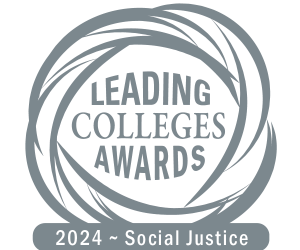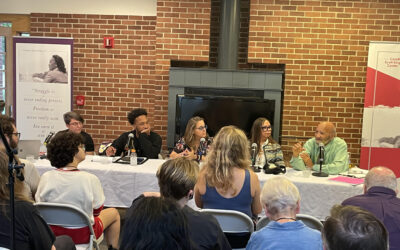On Friday, June 26, 2021, the Antioch College Board of Trustees voted to amend its bylaws to expand representation. Added to the Board are the Community Manager—a crucial position in Antioch College’s Community Governance system which was reinstated in Summer 2020 for the first time since the College’s independence and reopening—and an additional student representative.
The move follows the addition of voting representatives from the campus community in 2019 which added a current student, a member of the faculty, and a member of the staff. With Friday’s vote, there will now be a minimum of two student trustees.
“This is a historic and welcomed change and allows us to get closer to actualizing a shared governance model for the College,” says Shelby Chestnut ’05, vice chair of the Board and former Community Manager.
“Giving students and the Community Manager a seat and a voice on the Board of Trustees is an important manifestation of our long-standing commitments to shared governance,” says Shalini Deo ’02, secretary of the Board and former Community Manager. “In addition to meaningful representation, it also provides critical experience for students to understand first-hand how a fiduciary board functions, and to participate actively in that process.”
An advocate for and active participant in shared governance at the College, Student Trustee Chris Chavers ’21 was integral to the process of increasing campus community representation on the Board.
Representatives from the campus community are elected by their peers, while the Community Manager is an ex-officio trustee with the same status as College President and Alumni Association President. All representatives are voting members of the Board.
Since the early 1930s, Community Governance has been central to the Antioch College experience. Antioch is a laboratory college where experiential learning and collaboration is put into action. Students, faculty, and staff all share responsibility for governance through representative bodies including the Board of Trustees, Community Council (ComCil), and College Council. This pedagogy is a core part of Antioch’s historical curriculum.



